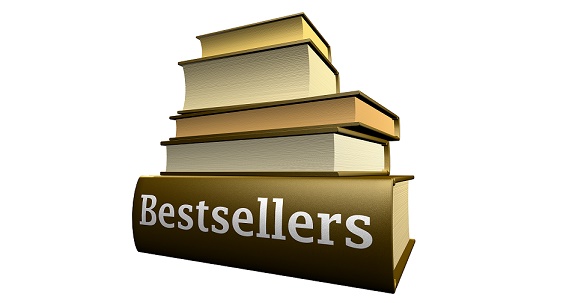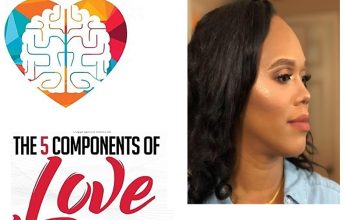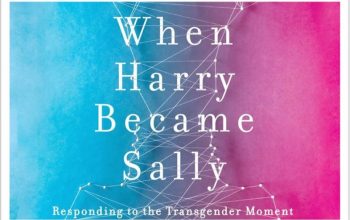by Ann Harrison
Many times, I’ve often wondered why a book that I’ve read, and loved from the first page, wasn’t on the bestsellers’ list. However there are books that are listed as bestsellers that I weren’t too thrilled with, because I couldn’t get caught up in the story. With that being said, I’d like to talk about the difference between bestselling books and non-bestsellers.
First of all, let’s take a look at what determines whether a book is a bestseller. A bestselling book, is one that is included as part of a list of books that have sold the highest number of copies in the publishing industry, or has been borrowed most frequently from libraries around the world in a given week. These listings may be found in various newspapers and magazines, and may even be broken down into categories such as top selling novels, cookbooks, etc.
One of the most widely known bestsellers lists is the New York Times Bestseller List, which is compiled by tracking book sales from national and independent book stores and Internet retail sales for sites such as Amazon and Barnes & Noble. The term “bestseller” is not based on the number of actual book sales, and may be used very loosely in a publisher’s promotional publicity. Many books on a given bestsellers list, may have sold more copies than the listing portrays. Although many books of academic value or those that have literary merit are not considered to be bestsellers, there are some exceptions. Does this mean that you shouldn’t read a book if it’s not a bestseller?
In my personal opinion, the answer is no, depending on your taste in literature. Whether or not a book is a bestseller is not necessarily determined by the readers themselves. Yes, many readers will purchase the book either at the original price, but some will purchase a book at a discounted price, while still others will download the book for free or loan it from a library, for personal or financial reasons. However, traditional publishers don’t think about why a book is purchased by a specific reader; they look at how much money they will put into marketing the book, based on the advance they pay an author for publishing the book. A traditional publisher targets their marketing to national bookstores and distributors’ therefore, their sales don’t necessarily depend on the author’s sales record, but sales are solely based on the book cover, or what genre is most popular at the time of publication.
On the other hand, independent book stores buy books based on what their customers want, so they have little chance of buying from traditional publishers. In my own experience, a national book seller will consider buying a book based on whether it can be returned to a publisher, if it doesn’t sell within a certain period of time; therefore, it’s nearly impossible for an independent author to sell his or her books to these bookstores.
About the Author
Ann Harrison is a totally blind author, who grew up in the small town of Rochelle, Georgia, and has moved back to her family home after living in North Georgia for several years. Ann has written many articles of general interest for a number of clients since June of 2010, including the Cordele Dispatch. She has also published a short story entitled “The Big Climb” in Awethology Light. Ann also published a story entitled “The Woods” in December Awethology Light Volume by The #Awethors. She is currently working on several novels, and a self-help book. To read more of Ms. Harrison’s inspirational writings, visit her blog at www.wwannwrites.wordpress.com.


